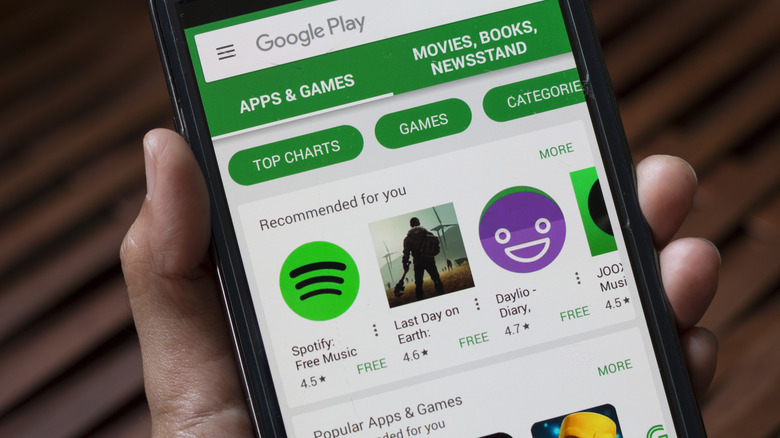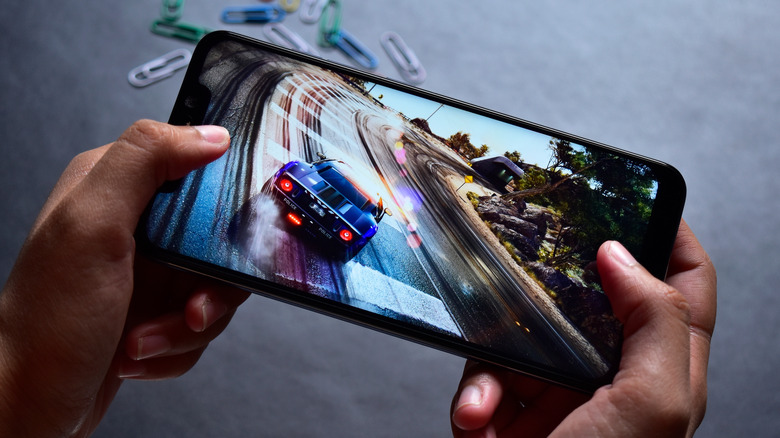Google Reportedly Paid Activision To Stop It From Making A Play Store Rival
Google is at the center of another anti-trust storm. This time, the company has been accused of putting its nose in the mobile gaming segment. According to a complaint filed by Epic Games, which was reported separately by Bloomberg and Reuters, Google paid millions of dollars to Activision Blizzard and Riot Games to keep them from launching their own stores for distributing apps, or to put it more accurately, mobile games.
Games are some of the biggest cash cows when it comes to earning money from mobile apps distributed via an app repository like App Store and Google Play Store. According to Sensor Tower data, mobile games installed from the Play Store and App Store generated a staggering $6.4 billion in the month of June alone. That number is significant, because Google (and Apple, too) earn up to a 30% cut from in-app transaction towards buying game currency and other items like skins and weapons.
It is, therefore, natural that Google would want deep-pocket gaming giants like Activision Blizzard and Riot Games locked to the Play Store. According to reports, both companies had discussed plans to build their own app stores for distributing mobile games and adjacent products. In turn, Google would lose out on a healthy share of revenue from its Play Store billing tax, which is bad business in the long run.
Spend today to save the tomorrow
Google reportedly agreed to a deal with Activision Blizzard that involved paying it around $360 million over the course of three years, ensuring that the company doesn't go ahead with plans of its own app repository. Epic, which was recently locked in a heated legal battle with Google over Fortnite, claims that Google inked its deal with Activision Blizzard in 2022. Interestingly, Activision Blizzard was acquired by Microsoft in January this year for around $70 billion, a deal which has itself been under regulatory scrutiny.
As for Riot Games, Epic claims that Google paid nearly $30 million. Riot is the maker of "League of Legends," one of the most popular games on the planet. Plus, the Tencent-owned company already has some extremely popular mobile titles under its belt such as "League of Legends: Wild Rift," "Legends of Runeterra," and "Teamfight Tactics." According to Epic's complaint, Riot reportedly "agreed to launch its games on the Google Play store before they debuted on other app stores."
Google, on the other hand, claims that the deal's terms were mischaracterised. Google claims it offered "incentives" to developers as part of Project Hug, so that they can keep the early preview of their projects exclusive to the Play Store. Google did something similar in India, for which it was fined over $100 million by the country's competition watchdog a few weeks ago.

